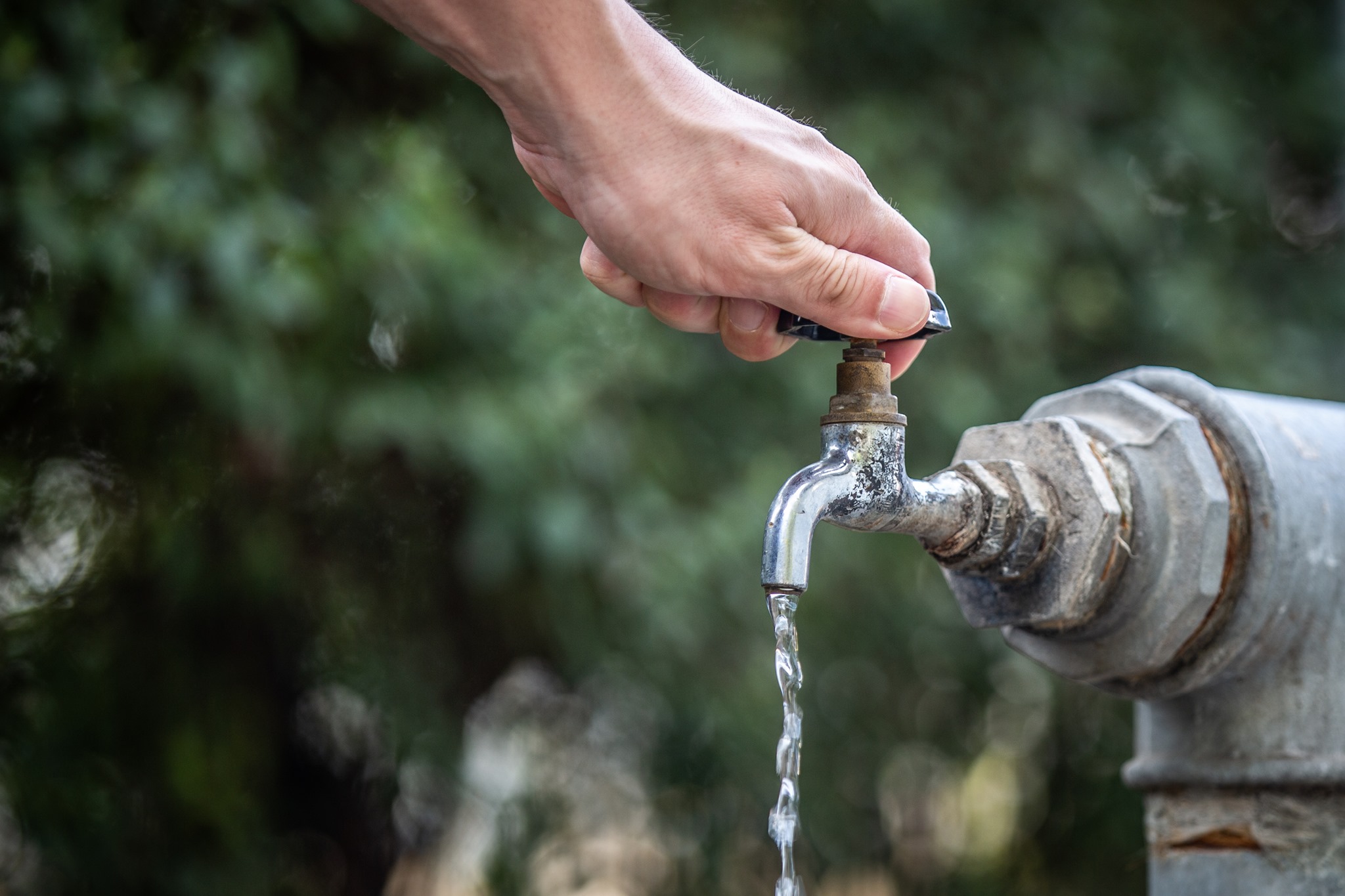Duration: 2018-2021
Geographic area: Kvemo Kartli, Kakheti, Georgia
Implemented by: CENN
Donor: European Union, New World Programme (Funded by Global Water Challenge and The Coca Cola Foundation)
The human right to water entitles everyone to sufficient, safe, acceptable, physically accessible and affordable water for personal and domestic use. Despite of abundance of water resources in Georgia, rural communities suffer from lack of access to safe water. This refers to all interrelated and essential features of the right to water:
(1) Availability of the quantity of water needed to satisfy basic needs, which varies depending on the context (including health status, climate, and work conditions);
(2) Quality of water for personal and domestic use should be free from harmful substances and have acceptable odour, colour and taste for human consumption;
(3) Water accessibility, meaning physical, economic, non-discrimination and water information availability. Furthermore, every year around thirty thousand people, most of them children, suffer from diseases associated with poor water quality and supply, sanitation and hygiene in the country.
Since 2005, there is a tendency of sharp increase in number of cases of infectious diarrhea that is directly linked with the pollution of drinking water. According to the official information of the National Disease Control Centre, Average number of GI during 2013-2015 was 27,000. About 95% of them account to diarrhea. In 2015, there was 20% increase in incidence – 30,501 cases of gastrointestinal diseases.
In Kvemo Kartli region 49.3% of rural population have problems with access to good quality of drinking water. In Kakheti region almost all settlements are supplied with water based on special schedules, sometimes with 4-day intervals. Local authorities responsible for sanitation systems do not have any technical knowledge of the skills required to assess and respond to existing WASH needs. While access to basic sanitary infrastructure in urban settlements is around 90%, access in rural areas of Georgia is significantly lower – (an average of) 29%. In Kakheti region, these disparities are even more acute: only 9.8% of citizens in rural communities have access to sanitary infrastructure.
Access to safe water is even worse in multi-ethnic communities, which lack integration, education, financial resources and political support. The availability of water resources reduces also due to degradation of watersheds and climate change impacts. Lack of access to water creates conflicts among community members resulting in marginalization of the most vulnerable ethnic groups and inequities.
Limited access to water especially burdens rural women, which are traditionally responsible for cleaning, washing, fetching water for household use, cooking, watering household animals and nursing the children and elderly. Due to inadequate WASH situation in regions, there are numerous cases of outbursts of water borne infectious diseases, such as: Botulism, E. coli Infection, Dysentery, Salmonellosis, Hepatitis A, etc. Majority of registered cases (70%) of water borne diseases are concerned with children’s health.
In order to protect and promote right to water, health and adequate living standards of citizens in vulnerable multi-ethnic communities of Georgia, CENN has been working with the European Union (EU) and New World Programme (Funded by Global Water Challenge and The Coca Cola Foundation) and achieved substantial results in following directions:
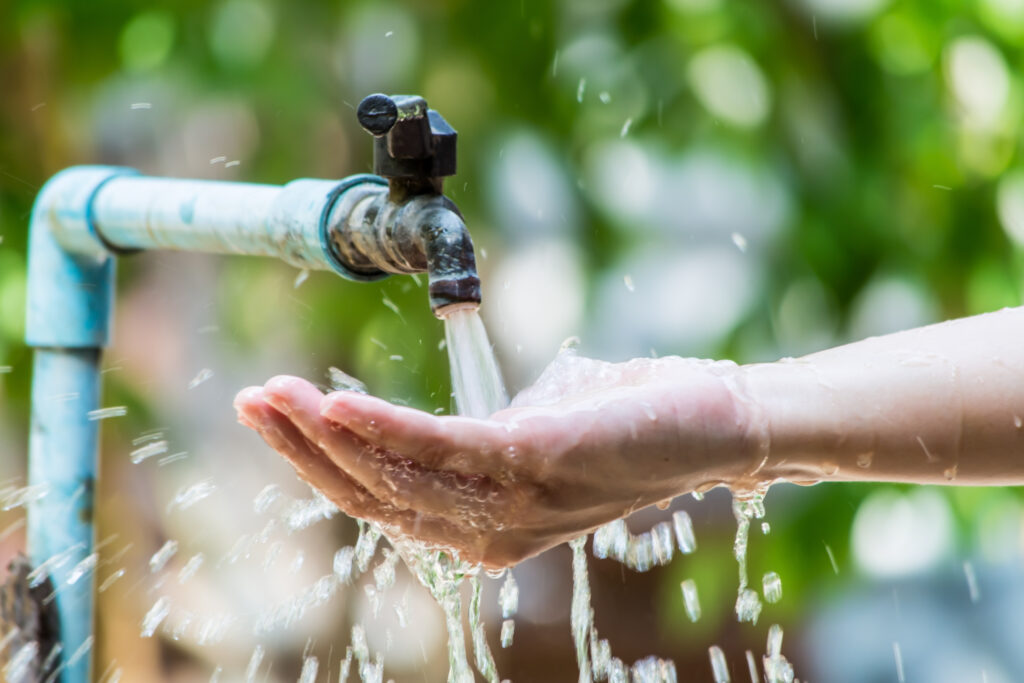
Expanding
access
to WATER
3500+ PEOPLE HAVE BENEFITED
Access to water has been given to more than 3,500 people living in rural Georgia. The processes facilitating change were initiated by the WASH Councils (8 WASH Councils were formed in the regions of Imereti, Kakheti, and Kvemo Kartli) around Georgia who gained extensive knowledge on water, sanitation and hygiene through numerous capacity-building activities on water rehabilitation systems, human rights, budgeting, etc.

Advancing
Science
and Research
UP TO 400 OBJECTS WERE STUDIED
- Human rights’ violations related to WASH in target communities are analyzed and key types of violations in schools, kindergartens, orphanages, shelters and health centers (i.e.: national, ethnic and religious minorities, IDPs, etc.) are identified. Hot-spot communities are defined and agreed upon in a participatory way. A report with recommendations and actions to improve and enforce WASH policy and regulatory framework is developed.
- Two online maps were created for the purpose of increasing and improving access to information concerning WASH conditions in Georgia. The map contains up to 400 public buildings (Schools, Kindergartens and health centres), and describes water accessibility, sanitation and Hygiene habits.
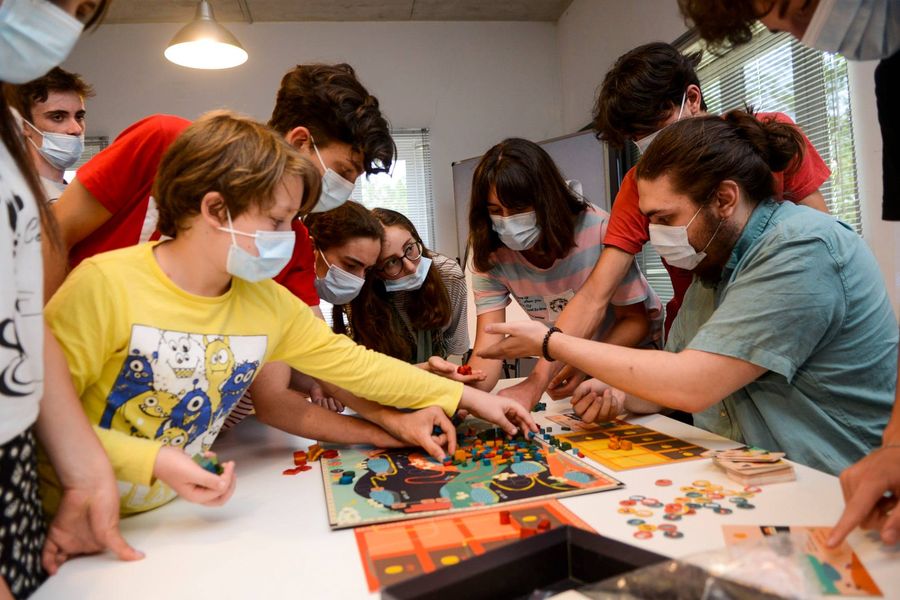
Engaging
Communities
to solve water conflicts and existing WaSH Problems
5000+ CITIZENS HAVE BEEN INVOLVED
Water conflicts are resolved; discrimination and inequalities in access to water and sanitation are reduced in multi-ethnic communities of Kakheti (Akhmeta, Sagarejo and Lagodekhi municipalities) and Kvemo Kartli (Dmanisi, Marneuli, Tetritskaro, Tsalka municipalities) regions through conflict mediation and implementation of priority WASH projects. Projects are effectively advocated for additional funding from the state and non-state funds.
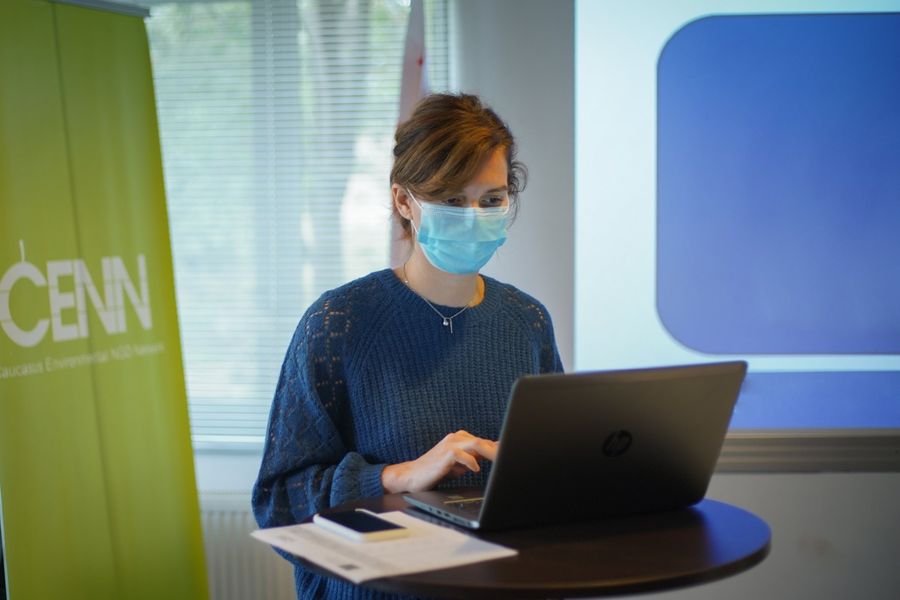
Improving
Governance and
accountability
igniting discussions on the involvement of disadvantaged groups in decision-making processes
35+ CASES WERE LOBBIED AND ADVOCATED
Cases of violation of rights to heath, water and sanitation and adequate standard of living in vulnerable multi-ethnic communities are advocated through free legal aid and strategic litigation (more than 35 applications and petitions filed and submitted relevant local and regional state and non-state institutions). Urgent HR issues are addressed and litigated.
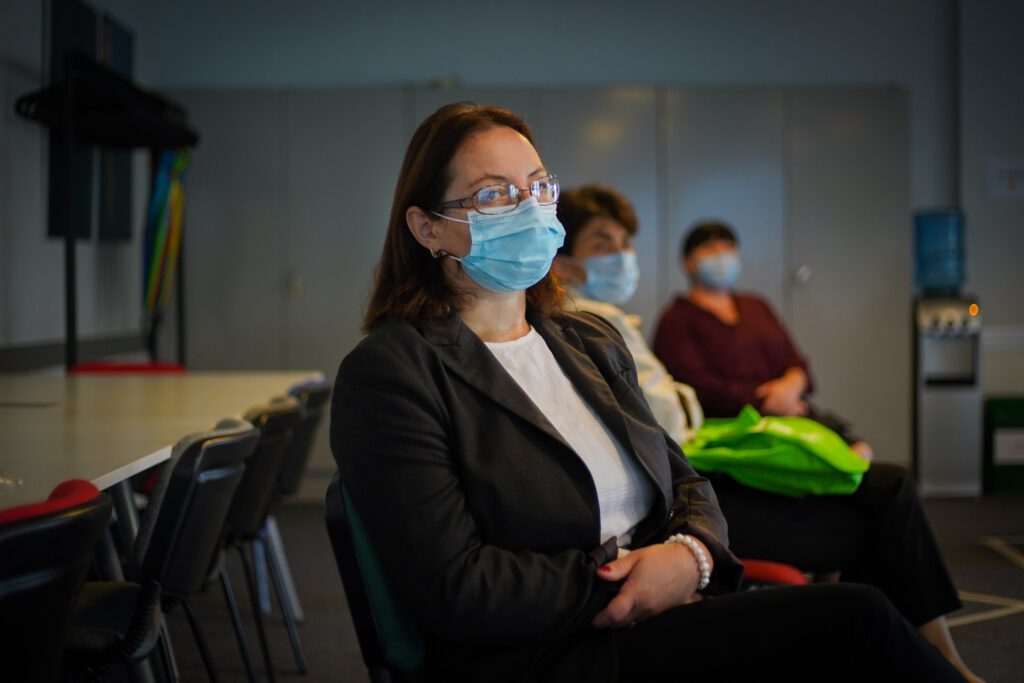
Establishing
Local
affiliates
to take the lead
2 REGIONAL and MUNICIPAL LOCALLY LEAD ENTITIES WERE ESTABLISHED
Two (2) Regional WASH Advisory Committees are created in Kakheti and Kvemo Kartli regions. Regional WASH Advisory Committees involve representatives of local and regional government, community institutions, ethnic minorities, women and youth groups, private sector, public health and educational institutions. Active community engagement will ensure the project’s sustainability in the long run. They are trained to be actively engaged in WaSH-related social and health rights advocacy based on the findings of the WaSH needs assessment report in target municipalities.
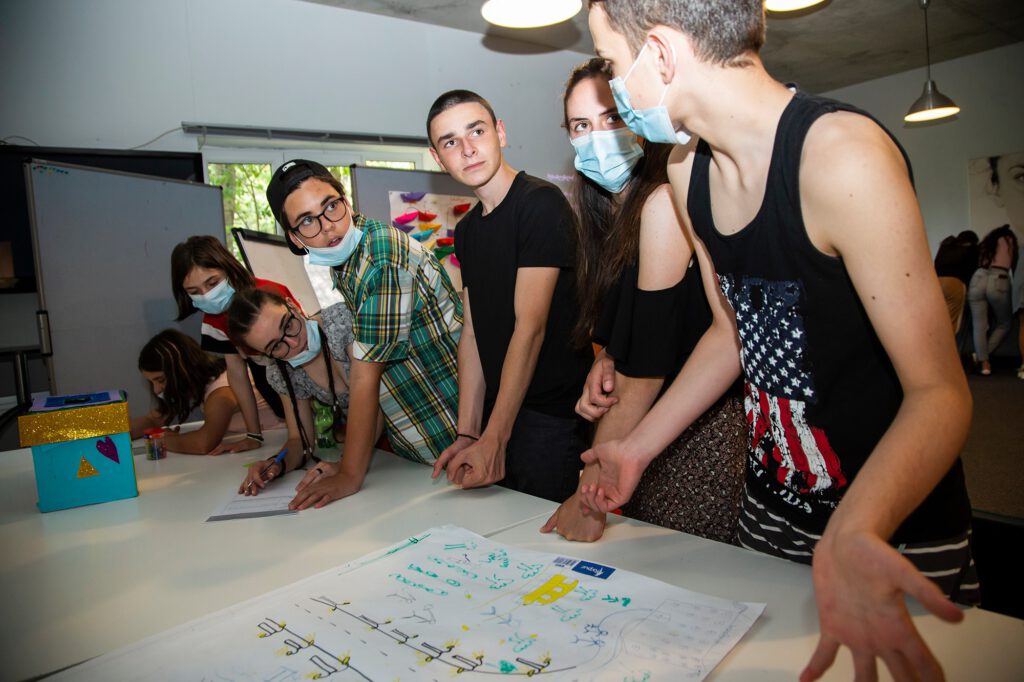
Building
Capacities
to deliver sustainable results
10,000+ WOMEN AND YOUTH WERE REACHED
- Capacity of 10,000+ women (i.e. RWCs) and youth groups to advocate the WASH related HRs and social and health issues is increased through (1) various capacity building activities; (2) provision of sub-grants to support the local youth and women led initiatives in the target communities
- Media coverage on WASH issues has been increased in the regions of Georgia by 50% due to strong CENN’s presence via active capacity building of media representatives, organizing media tours, campaigns, etc.
